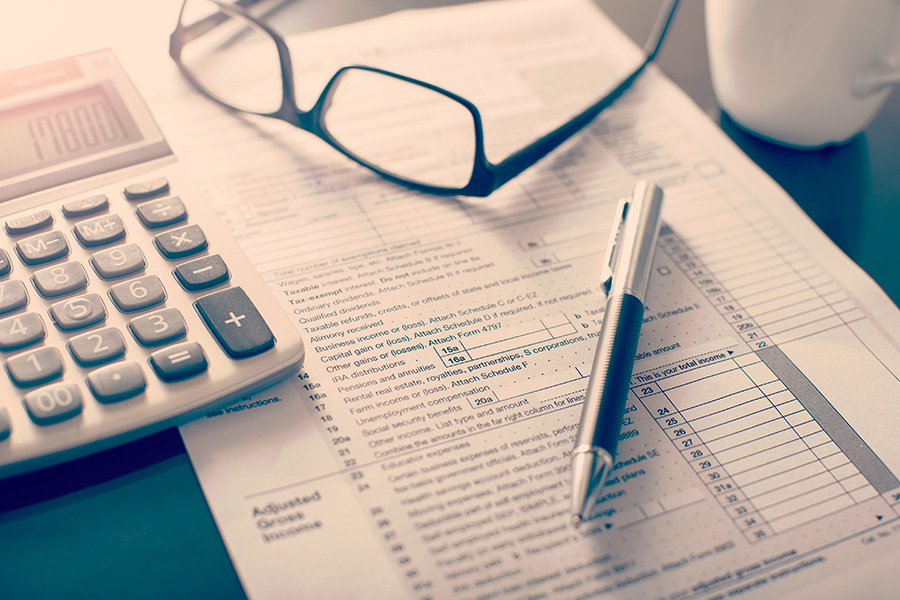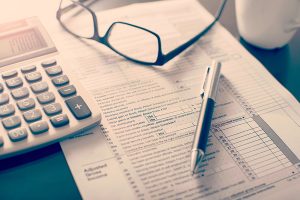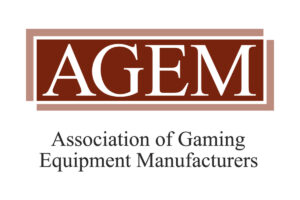Macau casinos: gaming taxes reach US$7.33bn in first 8 months of the year

Macau’s gaming tax revenue rose by 50.3 per cent year-on-year.
Macau.- The Financial Services Bureau has reported that Macau collected MOP58.78bn (US$7.33bn) in taxes from casino operations in the first eight months of the year. The figure was up 50.3 per cent when compared to the same period last year.
In August, the Macau government collected MOP7.16bn (US$892.9m). That’s a 4.8 per cent decrease compared to the preceding month. GGR for the month was MOP19.75bn (US$2.46bn). The figure was up 14.8 per cent year-on-year and 6.2 per cent sequentially. It was the second-best monthly tally of the year after May but was down by 18.6 per cent compared to August 2019.
Last January, Macau’s new 10-year gaming concession system began with an effective tax rate of 40 per cent on casino gross gaming revenue (GGR). Cumulatively, Macau’s GGR for the first eight months of 2024 was MOP152.10bn (US$19.92bn), up 33.4 per cent year-on-year but 23.3 per cent below the same period in 2019 (US$24.66bn). Gaming taxes accounted for 84.7 per cent of the Macau government’s overall revenue in the same period, with total revenue reaching nearly MOP 69.42bn (US$8.65bn).
According to the 2024 budget plan, the government aims to collect MOP83.61bn (US$10.4bn) in gaming tax this year. In 2023, Macau collected MOP65.26bn (US$8.11bn), surpassing the budgeted amount by 28.3 per cent.
Macau digital pataca: public demonstration planned by year end
Macau’s chief executive, Ho Iat Seng, has said that The Macau Monetary Authority (AMCM) is working with the digital currency research institute of the People’s Bank of China (PBOC) on the development of a digital pataca (also known as e-MOP). At the opening ceremony of the 2nd China-Portuguese-speaking Countries Central Banks and Financiers Conference in Cotai, he said a public demonstration of the prototype system is expected by the end of the year.
The AMCM said it will conduct sandbox tests on a prototype system with “basic functions” in order to explore usage scenarios. It is unknown if casinos will be part of the tests. The gaming market currently operates using Hong Kong dollars, so mainland Chinese visitors have to convert renminbis if they want to gamble unless they already have access to Hong Kong dollars.









